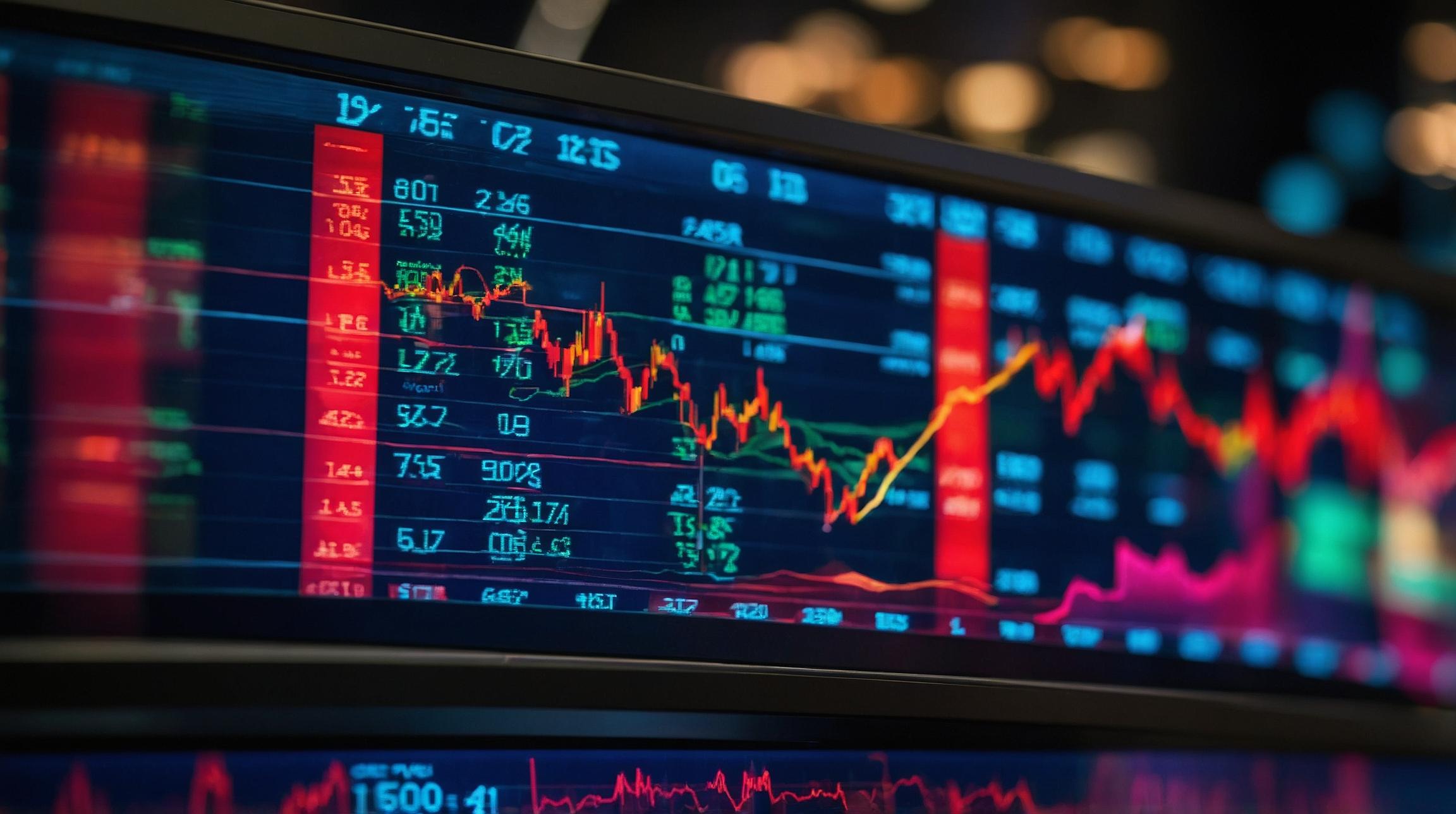Brazilian Gold Import Concerns: Germany and Italy
Recent findings reveal that Germany and Italy are importing significant amounts of gold from Brazil, with questionable legal backgrounds. In 2023, Germany imported 1.3 tonnes of gold from the Amazonas region, known for illegal mining practices, while Italy imported 356 kg from Pará and São Paulo, according to a study by Instituto Escolhas.
Understanding Wildcat Mining in Brazil
Wildcat mining, or "garimpo," refers to informal mining operations often conducted without official sanctions, and it has expanded in the Amazonas and Pará regions. This surge is attributed to policy changes under former President Jair Bolsonaro, who eased environmental regulations, thus promoting development in these ecologically sensitive areas.
The Role of São Paulo in Gold Trade
Though São Paulo does not produce gold, it serves as a crucial hub for the sale and export of gold, including that with uncertain origins. The city plays a pivotal role, with traders passing gold to international buyers, often obscuring its legal status.
European Union's Regulatory Challenges
The European Union enforces strict rules to prevent the import of minerals from illegal sources. However, the effectiveness of these regulations is questionable, as noted by Larissa Rodrigues from Instituto Escolhas. The current due diligence processes have several loopholes, allowing questionable gold to enter European markets.
The Impact on Gold's Supply Chain
Around 94% of Brazilian gold imported by Germany and Italy is believed to come from questionable sources. Much of this gold passes through complex networks involving multiple intermediaries before reaching European markets. This makes tracing its origins difficult, despite efforts to curb illegal mining activities.
Comparative Global Gold Import Practices
Interestingly, Canada primarily imports gold from legally licensed Brazilian mines, and the UK follows a similar pattern. Conversely, Switzerland, a major buyer, reportedly imports gold from illegal mining sites, and a significant portion of this gold is later imported by the EU. The EU receives about 70% of its gold imports from Swiss refineries.
This situation highlights the need for improved scrutiny and regulatory practices in Europe to ensure responsible sourcing of materials like gold, which have significant environmental and ethical implications. The study urges increased transparency in the gold supply chain to prevent the continued trade of gold linked to illegal mining.













